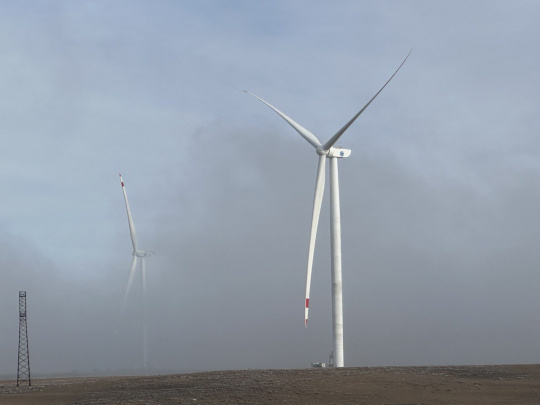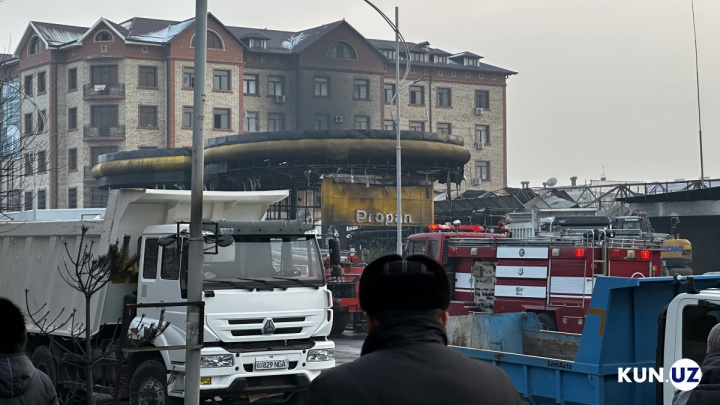Alisher Kodirov calls for ending gas usage in homes and redirecting it to businesses

Alisher Kodirov, deputy of the Legislative Chamber of Oliy Majlis and leader of the National Revival (Milliy Tiklanish) party, said in a statement that “A nation that uses gas for heating homes and cooking will never prosper.”
According to Kodirov, instead of using gas for household needs, the country should redirect it to industries to generate export revenues and creates new jobs. However, this perspective seems detached from the harsh realities faced by many citizens of Uzbekistan.
Despite being rich in natural gas, Uzbekistan struggles to meet domestic demand. Entire villages and neighborhoods, particularly in remote areas, have been cut off from gas supplies for years, leaving families to endure freezing winters with little to no heating. For these households, gas is not a luxury but a lifeline.
As winter approaches, reports of carbon monoxide poisoning often rise. Families, desperate for warmth, turn to coal and other alternatives, sometimes succumbing to deadly accidents during the night.
In recent years, Uzbekistan has reduced gas production while dramatically increasing imports from Russia and Turkmenistan, which rose by 2.4 times in 2024. Simultaneously, the country has ramped up exports to China, prioritizing foreign markets over domestic needs. This dual strategy has already strained the country’s capacity to meet the basic requirements of its population, and Kodirov’s proposal risks worsening these issues.
Kodirov’s suggestion to transition to electricity as the primary energy source raises another issue: the capacity of Uzbekistan's electrical grid. With frequent power outages and insufficient infrastructure, how can the country realistically shift millions of households to electricity? Moreover, building the renewable energy capacity he envisions will require years of investment and development.
While green energy is undeniably the future, the transition must be balanced with the immediate needs of the population. A policy that neglects basic necessities like heating and cooking could deepen socioeconomic disparities and erode public trust.
Recommended
List of streets and intersections being repaired in Tashkent published
SOCIETY | 19:12 / 16.05.2024
Uzbekistan's flag flies high on Oceania's tallest volcano
SOCIETY | 17:54 / 15.05.2024
New tariffs to be introduced in Tashkent public transport
SOCIETY | 14:55 / 05.05.2023
Onix and Tracker cars withdrawn from sale
BUSINESS | 10:20 / 05.05.2023
Latest news
-
New wind power plant to be built in Tashkent region
SOCIETY | 21:21 / 04.07.2025
-
Shavkat Mirziyoyev holds talks with Shehbaz Sharif, discusses strengthening Uzbekistan-Pakistan strategic partnership
POLITICS | 19:04 / 04.07.2025
-
Senate of Uzbekistan signs cooperation program with UN Population Fund
POLITICS | 19:02 / 04.07.2025
-
Shavkat Mirziyoyev calls for end to violence in Gaza, urges recognition of Palestinian state
POLITICS | 17:31 / 04.07.2025
Related News

21:21 / 04.07.2025
New wind power plant to be built in Tashkent region

12:26 / 03.07.2025
Over 135 billion UZS worth of electricity and gas stolen in June

19:10 / 02.07.2025
Uzbekistan and Azerbaijan to accelerate joint project for electricity export to Europe

18:39 / 01.07.2025



